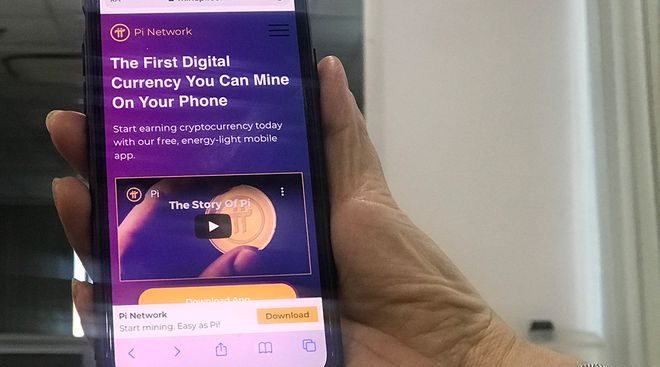Đã có 13 triệu người tham gia ?
Thực tế mỗi điện thoại hiện nay chỉ mặc định đào được 0,12 Pi/giờ, tương đương khoảng 2,88 Pi/ngày. Để đào được Pi, người dùng cần tải ứng dụng Pi Network về điện thoại và nhập thông tin cá nhân, nhập mã mời của thành viên khác để “tăng lớp bảo mật và tốc độ đào Pi”. Quan trọng nhất là sau khi tạo tài khoản Pi, người dùng phải thực hiện xác thực danh tính cá nhân gồm ảnh chụp passport, số điện thoại, email… Nhưng cứ sau 24 giờ, hệ thống đào Pi tự động dừng và người dùng phải đăng nhập chạy lại. Những người trong mạng lưới này cũng khẳng định Pi không dùng phương pháp tiếp thị đa cấp để phát triển. Pi phát triển cộng đồng thông qua mã giới thiệu chỉ duy nhất 1 cấp và được trả thưởng cho công việc này là công bằng như nhau giữa người giới thiệu và người được giới thiệu. Nếu người chơi và người giới thiệu cùng khai thác và phải hoàn thành việc xác minh danh tính thì cùng được thưởng 0,10 Pi/giờ.
